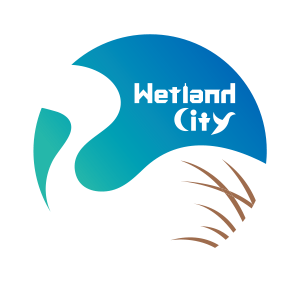
Ifrane
Home > Ifrane
Ifrane, often referred to as “Little Switzerland” due to its unique alpine climate and architecture, is located in the Middle Atlas region of Morocco. It is renowned for its environmental focus and efforts in wetland conservation. Ifrane is home to Oued Tizguite, a Ramsar site, which plays a critical role in local biodiversity and supports various ecosystems. The city is a popular destination for ecotourism and offers numerous outdoor activities such as hiking, bird watching, and fishing. The presence of Al Akhawayn University and other educational institutes also makes Ifrane an important academic center.
Ifrane places a strong emphasis on inclusive and participatory governance in its wetland conservation efforts. The local government collaborates with various stakeholders, including NGOs, educational institutions, and local communities, to implement effective conservation strategies. This approach has led to significant achievements in restoring degraded riparian forests and creating ecological corridors, which are vital for maintaining the area’s biodiversity. The city’s integrated planning ensures that wetland conservation is a key consideration in urban development, balancing environmental protection with local economic development.
Local communities are actively involved in the management and conservation efforts through participatory governance structures. The collaborative approach includes representatives from various sectors such as local authorities, civil society organizations, and academic institutions. This inclusive model ensures that all stakeholders have a voice and that their needs and concerns are addressed.
Ifrane is also the capital city of the Atlas Cedar Biosphere Reserve and the heart of Ifrane National Park. This status highlights its significant role in preserving unique ecosystems and promoting sustainable tourism. The city’s efforts are aligned with the broader objectives of the Biosphere Reserve and the National Park, emphasizing conservation, research, and education to protect natural resources and biodiversity.
Ifrane’s conservation programs encompass a variety of initiatives. Restoration projects focus on rehabilitating wetlands, riparian forests and creating ecological corridors that support local wildlife, including endangered species. Educational initiatives are central to these efforts, with schools and universities in the region, such as Al Akhawayn University, playing a significant role in raising awareness about wetland conservation through various programs and activities. Community involvement is another critical aspect, as local residents actively participate in conservation activities such as tree planting and clean-up campaigns, fostering a sense of ownership and responsibility towards their natural environment. Additionally, sustainable tourism practices are promoted, making Ifrane a model for ecotourism in Morocco. This includes guided tours, educational programs, and the promotion of local crafts and products.